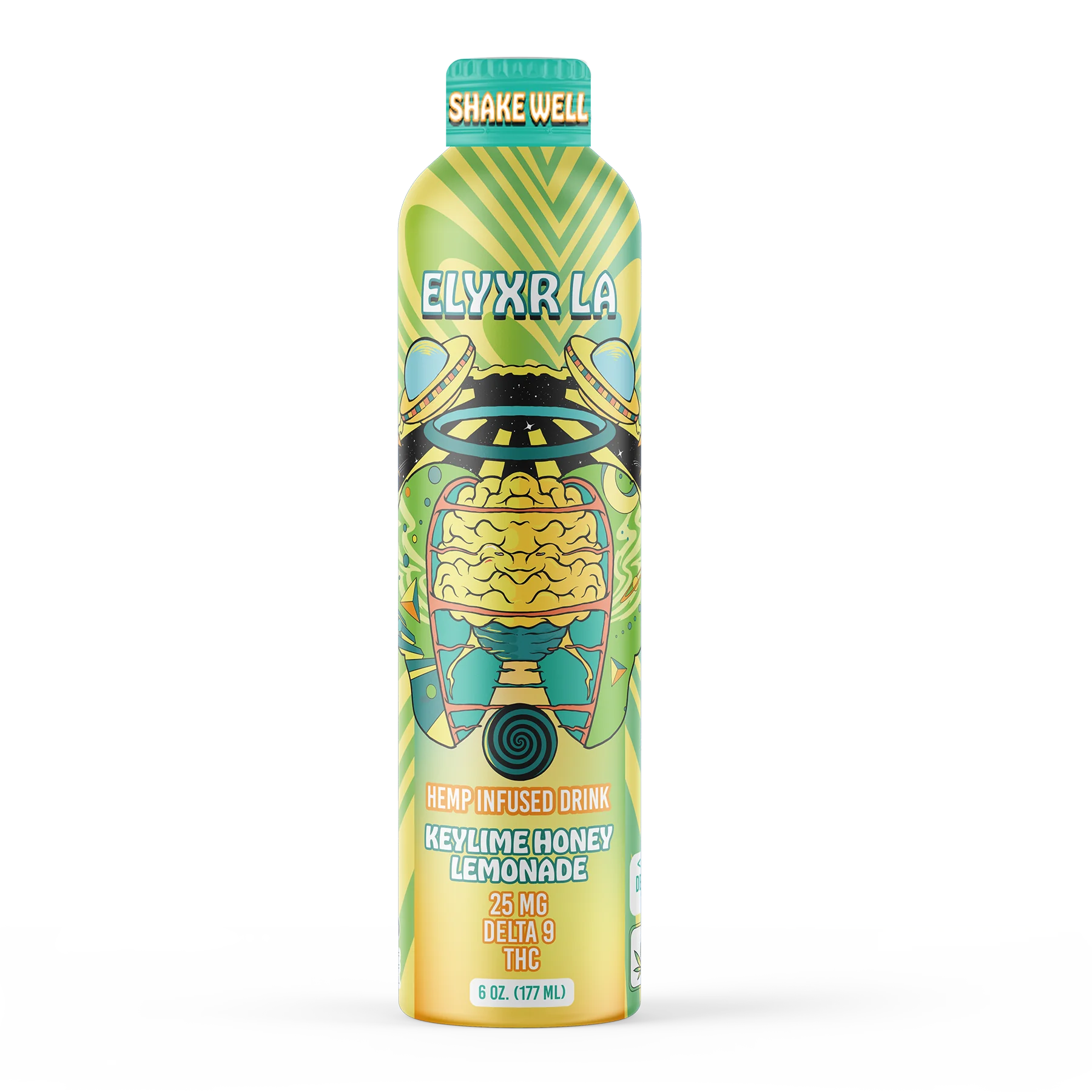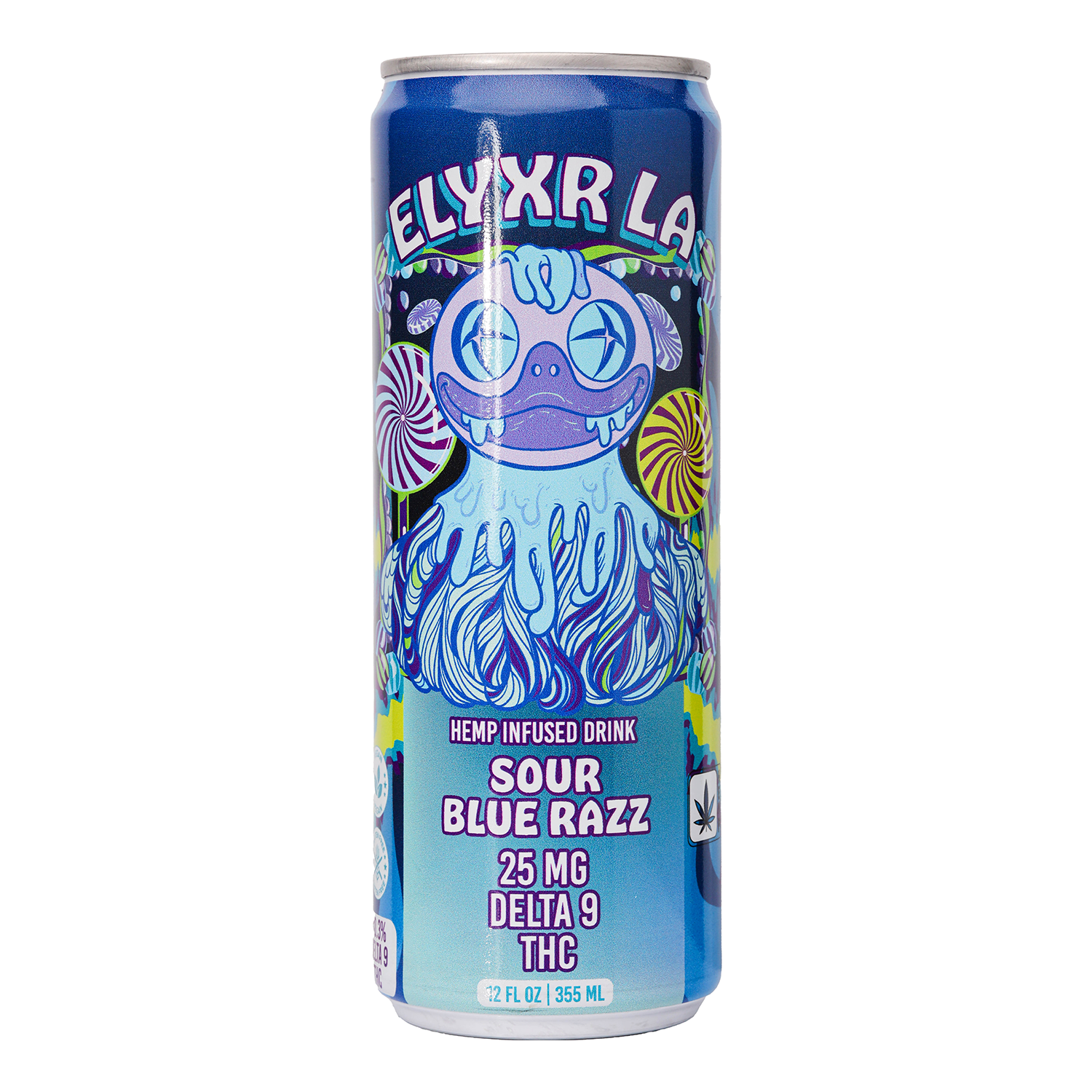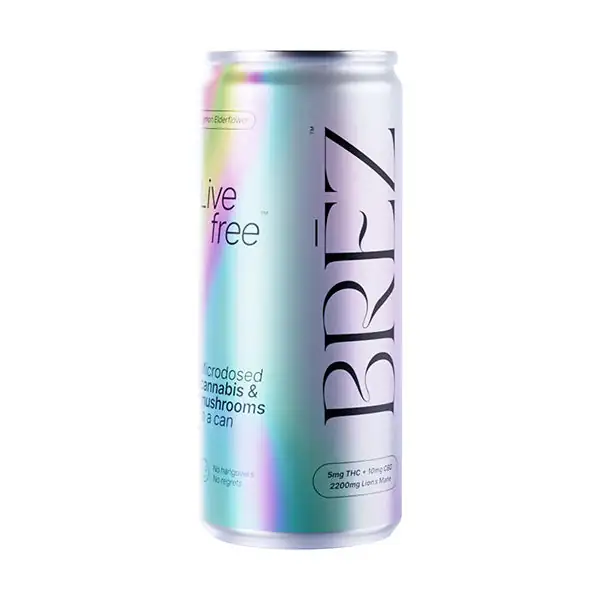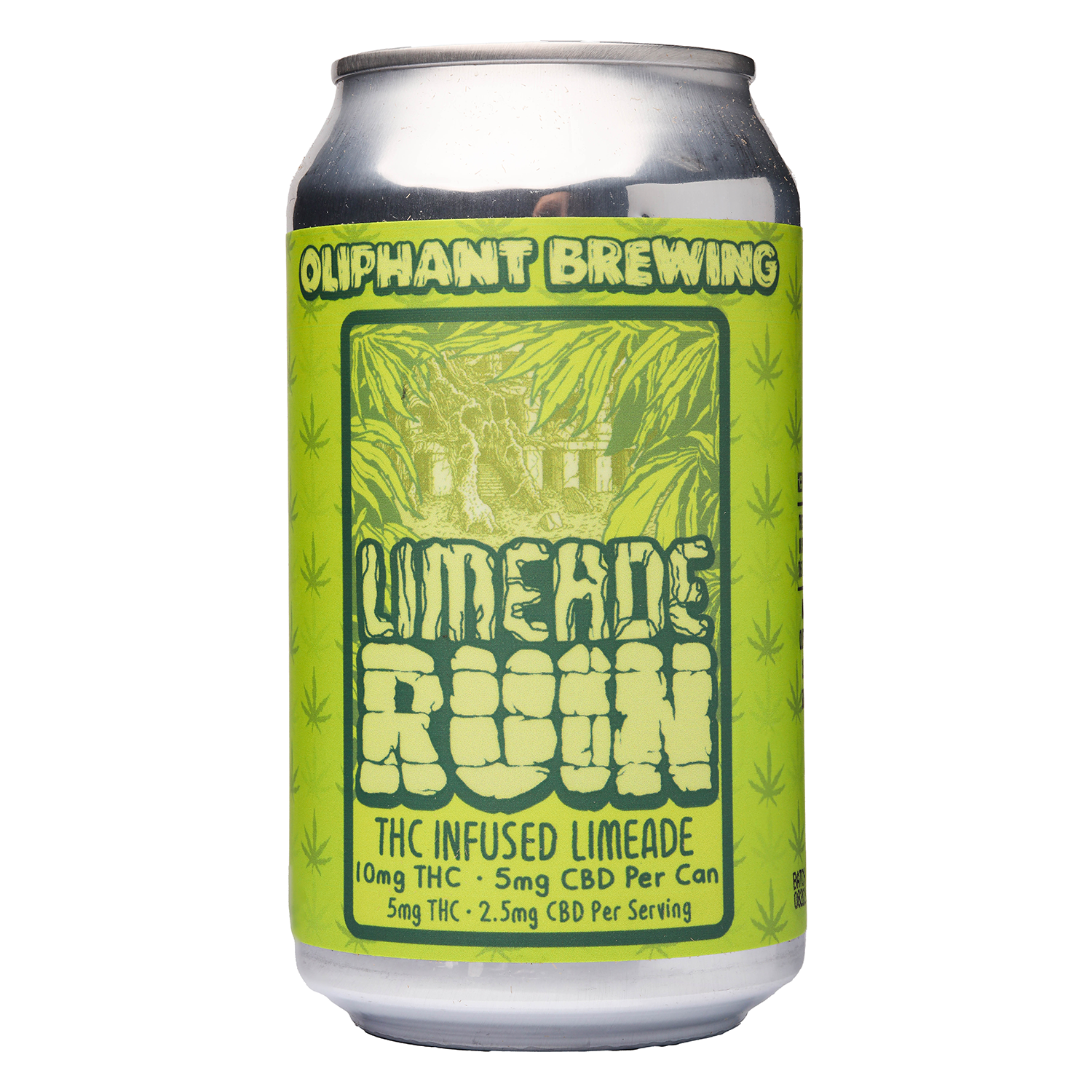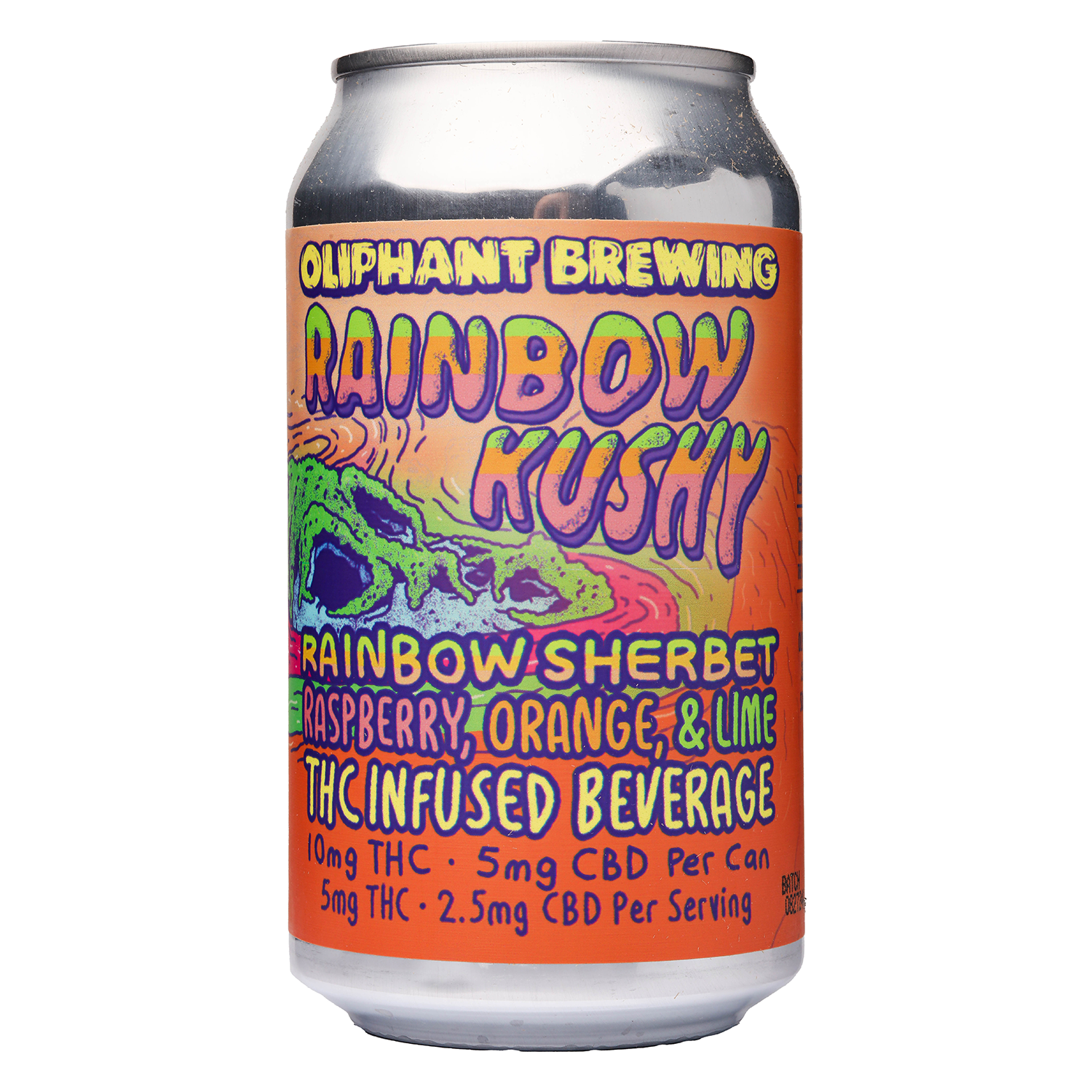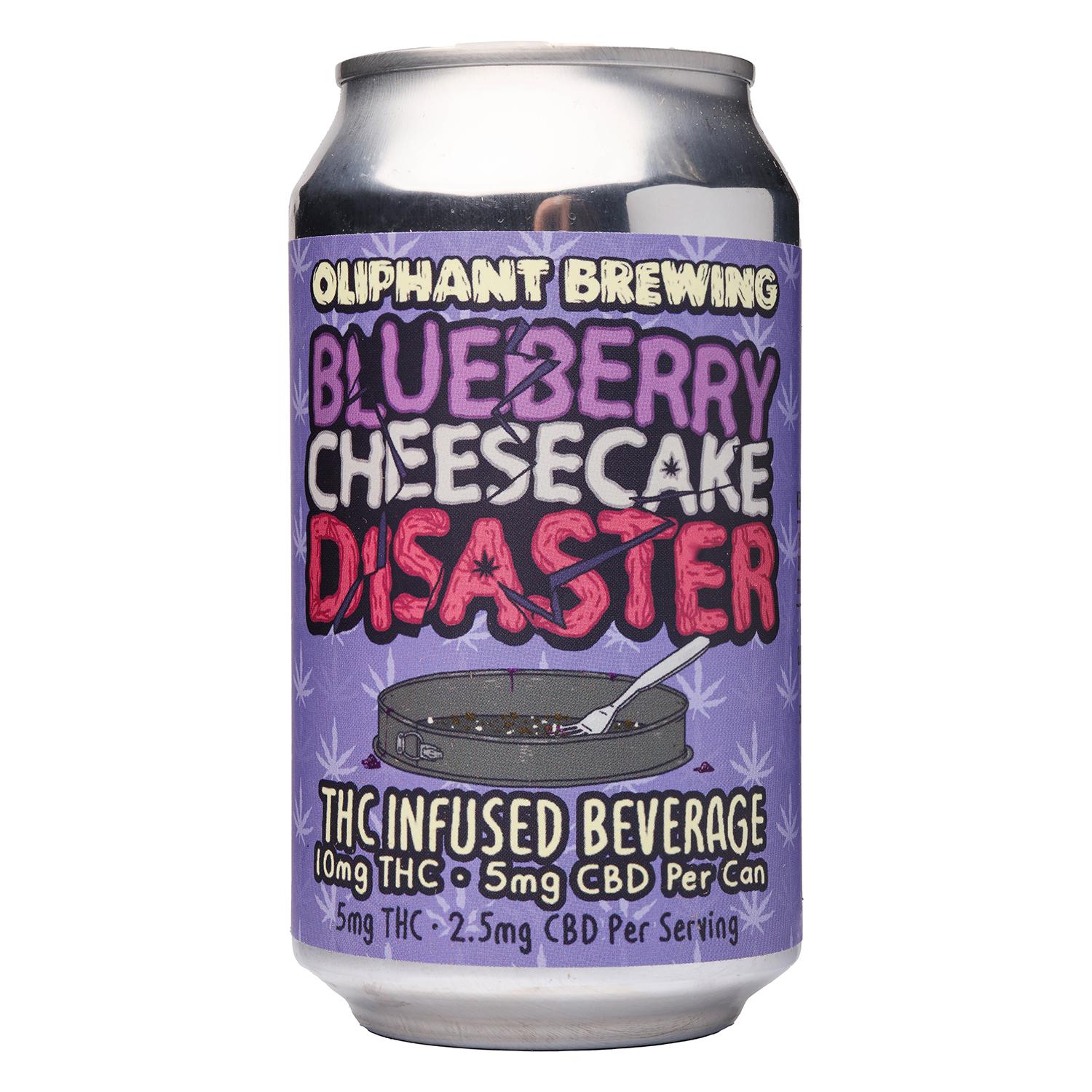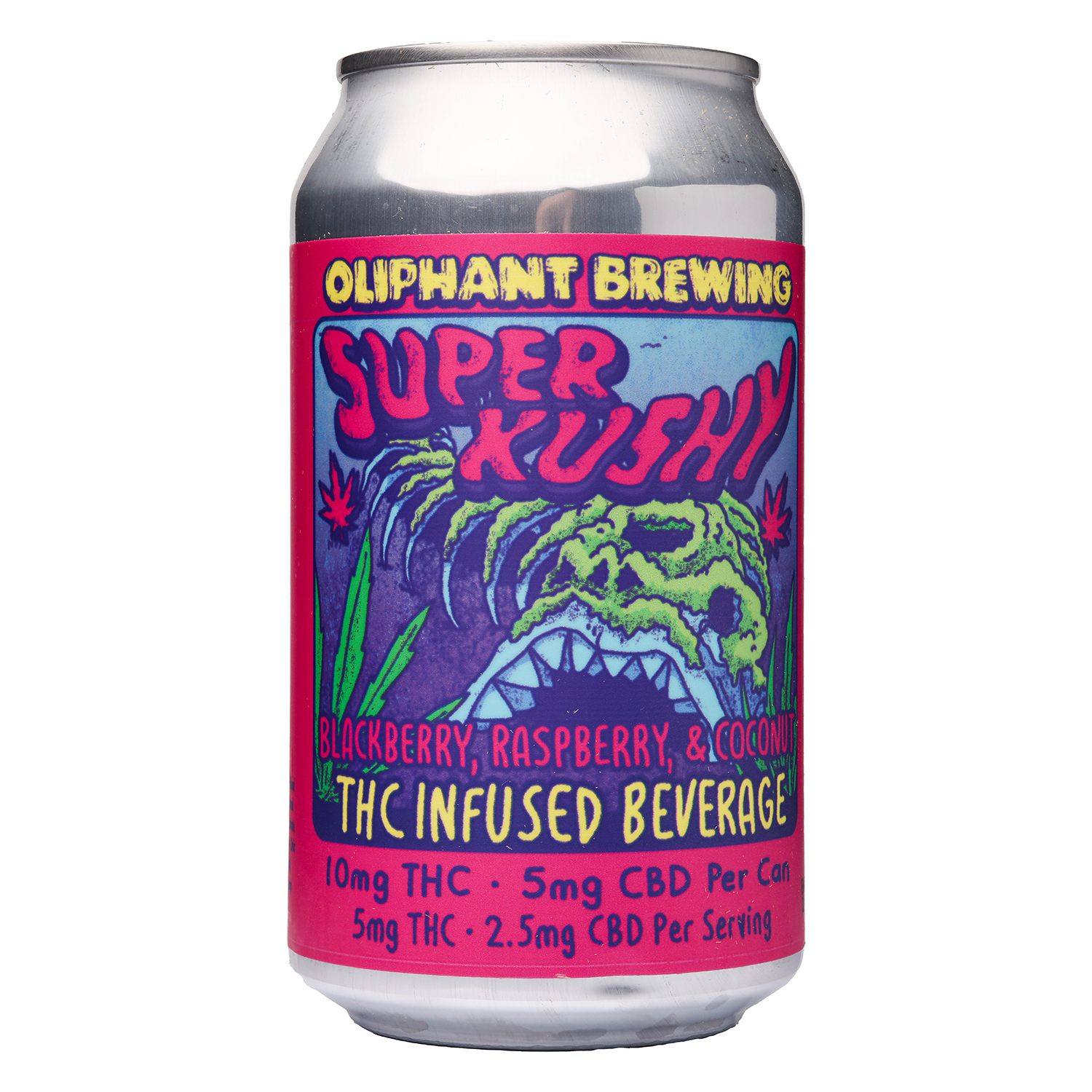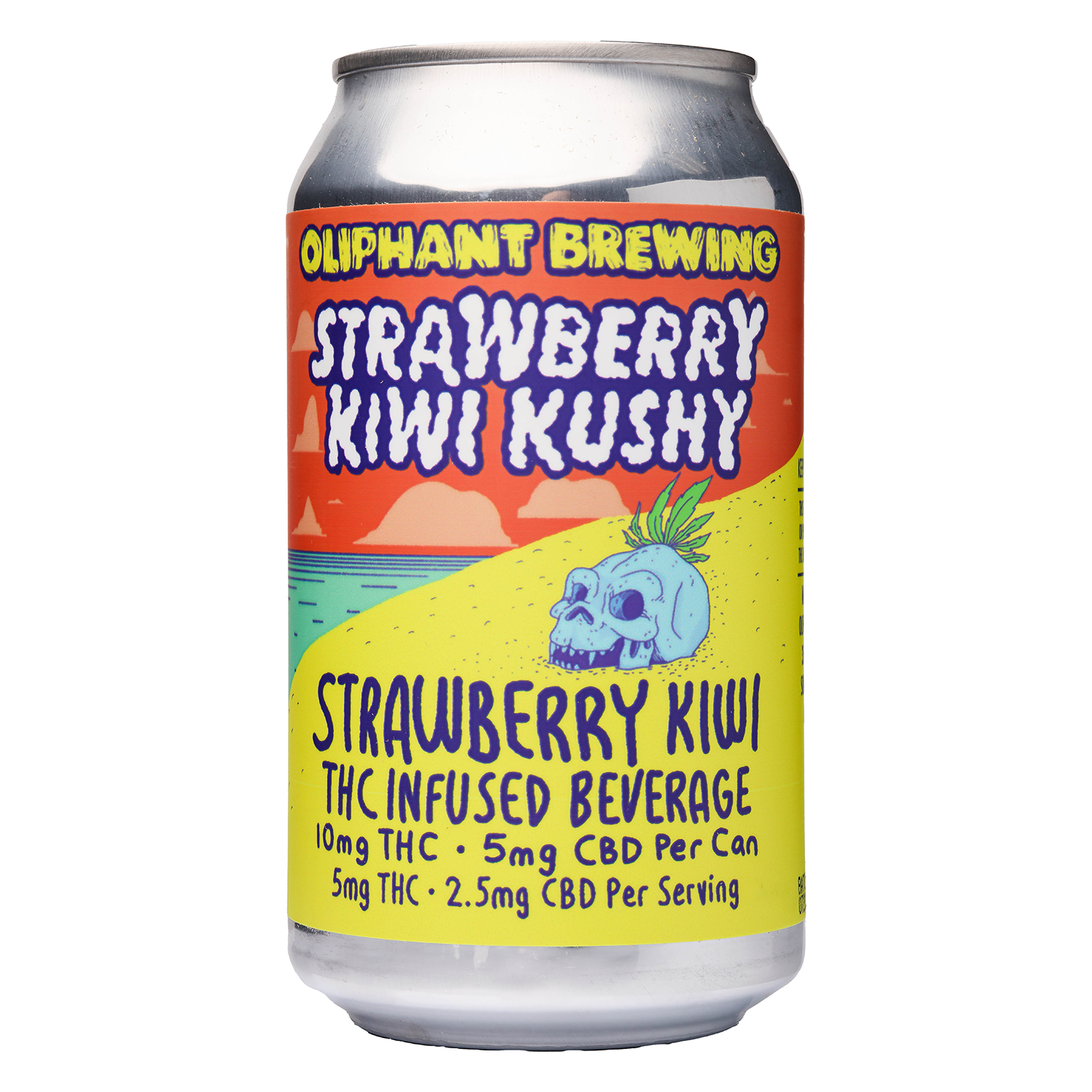Joint pain is a widespread problem affecting millions of adults around the world. Whether stemming from arthritis pain, rheumatoid arthritis, psoriatic arthritis, or simple overuse injuries, chronic discomfort can significantly reduce mobility, interfere with daily activities, and disrupt sleep. Many people rely on traditional pain medications such as nonsteroidal anti inflammatory drugs (NSAIDs) or prescription medications, but long-term use can carry unwanted side effects ranging from digestive issues to cardiovascular risks. This has led to a growing interest in natural remedies, with CBD for joint pain emerging as a popular and accessible option.
CBD, short for cannabidiol, is a hemp derived compound known for its pain relieving properties without the psychoactive effects commonly associated with THC. In this guide, we will explore why CBD has gained attention for joint pain relief, explain how it works, examine the types of CBD products available, discuss dosage and safety, and provide practical advice for incorporating CBD into a pain management routine. By the end, readers will have a thorough understanding of the best CBD for joint pain relief and how to make informed choices.
Understanding Joint Pain
Joint pain is not a single condition but a symptom of many underlying health issues. It can manifest as mild stiffness, swelling, or sharp, chronic discomfort, and it can impact one joint or multiple areas of the body. Understanding the cause of joint pain is key to effective pain relief and developing a proper treatment plan.
Common sources of joint pain include:
- Osteoarthritis, which results from the gradual wearing down of cartilage in the joints over time.
- Rheumatoid arthritis, an autoimmune condition in which the body’s immune system attacks joint tissues, leading to inflammation and pain.
- Psoriatic arthritis, which combines joint inflammation with the skin condition psoriasis.
- Injuries or repetitive strain, often causing localized muscle soreness or joint tenderness.
The severity of joint pain can vary, ranging from mild pain that only appears with activity to persistent chronic pain that interferes with daily living. Symptoms can also include reduced range of motion, swelling, warmth, and tenderness around the joint. For many people, finding effective methods for reducing pain and improving physical function is a priority.
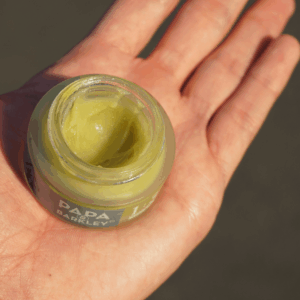
What is CBD?
CBD, or cannabidiol, is a natural compound found in cannabis plants, specifically in hemp derived cannabinoids. Unlike THC, CBD is non-psychoactive, which means it does not produce the “high” commonly associated with cannabis. Instead, CBD interacts with the body’s endocannabinoid system, a network of receptors that play a critical role in regulating pain, inflammation, immune responses, and overall homeostasis.
CBD can be extracted in several ways to create CBD products suitable for different methods of administration. From CBD oils and capsules to topical CBD products and CBD gummies, these products offer flexibility in targeting either localized or systemic pain. Its growing popularity for joint and arthritis pain is largely due to its pain relieving properties, anti-inflammatory effects, and general safety profile when compared to traditional pain medications.
How CBD Helps With Joint Pain
CBD’s effectiveness in joint pain relief lies in its ability to interact with the body’s endocannabinoid system and modulate pain signaling pathways. When applied or consumed, CBD may influence cannabinoid receptors in the brain, central nervous system, and peripheral tissues. This can result in reduced perception of pain, decreased inflammation, and improved joint function.
Research and anecdotal evidence suggest that CBD may:
- Reduce joint inflammation by interacting with immune cells and inflammatory pathways.
- Alleviate muscle soreness often accompanying joint pain.
- Improve physical function and mobility in those with arthritis related joint pain.
- Enhance overall quality of life for individuals experiencing chronic pain.
While more clinical trials are needed, CBD’s combination of anti-inflammatory properties and pain relieving effects makes it a promising option for people looking to treat joint pain naturally.
Types of CBD Products for Joint Pain
CBD comes in many forms, each suited for different needs and methods of administration. Understanding these types can help maximize pain reduction and targeted relief.
Topical CBD products such as creams, gels, and balms can be applied directly to painful joints for localized effects. These are particularly useful for targeting specific areas of discomfort.
Oral CBD products, including CBD oils, capsules, and CBD gummies, work systemically to provide whole-body relief. They may be more suitable for chronic pain affecting multiple joints or for arthritis related joint pain throughout the body.
Transdermal patches are another option, delivering consistent doses over time for steady relief.
Choosing the right form of CBD depends on the location and severity of the pain, personal preference, and convenience. Combining topical and oral forms may provide enhanced pain relieving effects for some individuals.
Full-Spectrum, Broad-Spectrum, and CBD Isolate
CBD products are typically categorized into three main types:
- Full-Spectrum CBD Oil contains all naturally occurring cannabinoids, including trace amounts of THC. This allows for the entourage effect, which may enhance pain relief.
- Broad-Spectrum CBD offers multiple cannabinoids without THC, suitable for those who want therapeutic benefits without potential psychoactive effects.
- CBD Isolate is pure CBD with no other cannabinoids, allowing for precise dosing and minimizing potential drug interactions.
For individuals seeking pain relief for joint inflammation or arthritis symptoms, full-spectrum CBD is often recommended due to its combined effects from multiple hemp derived cannabinoids.
Importance of Third-Party Lab Testing
When selecting the best CBD for joint pain relief, it’s critical to choose products that have undergone third-party lab testing. These tests confirm:
- CBD potency and concentration in the product.
- Absence of harmful substances, such as heavy metals, pesticides, and residual solvents.
- THC levels compliant with hemp legal limits.
Lab-tested products provide transparency and allow consumers to make an informed decision when it comes to reducing pain and selecting high-quality hemp derived CBD products.
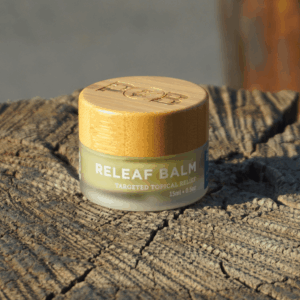
How Much CBD Should You Take for Joint Pain
CBD dosage is highly individualized. Factors that influence effective dosing include pain severity, body weight, metabolism, and prior experience with CBD products.
For first-time users, a low dose of 10–15 mg per day may be sufficient to assess tolerance. Those experiencing chronic pain or arthritis related joint pain may require higher doses, often ranging from 25–50 mg daily. It is advisable to gradually adjust doses and monitor effects under the guidance of a healthcare professional, especially if other prescription medications are involved.
How to Apply CBD Topicals for Joint Pain
Topical CBD is ideal for targeted relief of localized painful joints. To apply:
- Clean the skin around the affected area.
- Apply a thin layer of CBD cream or balm.
- Massage gently for 1–2 minutes to promote absorption.
- Repeat 1–3 times daily depending on pain severity.
Topical CBD is particularly effective for joint inflammation, muscle soreness, and arthritis symptoms, offering a non-invasive and safe approach to reducing pain.
CBD for Arthritis: What the Research Says
For individuals with arthritis pain, CBD has gained attention due to its anti-inflammatory properties and potential to improve physical function. Studies indicate that CBD may reduce joint inflammation and associated discomfort. Patients report improvements in mobility and comfort, even in cases of rheumatoid arthritis and psoriatic arthritis.
The Arthritis Foundation supports exploration of CBD as a complementary approach, emphasizing that it may help ease pain, reduce muscle aches, and improve quality of life when used alongside other pain management strategies.
Combining CBD With Other Pain Management Strategies
CBD is most effective when used in combination with other pain management techniques. Physical therapy can strengthen muscles supporting the joint, improving stability and reducing arthritis related joint pain. An anti-inflammatory diet rich in omega-3 fatty acids can further reduce discomfort. Proper rest, low-impact exercise, and stress management all contribute to improved outcomes.
By integrating CBD topicals or oral CBD products with these approaches, individuals can experience enhanced pain relieving effects and better overall results.
Potential Side Effects of CBD
CBD is generally well-tolerated. Some individuals may experience mild side effects such as:
- Drowsiness or fatigue
- Dry mouth
- Digestive changes
It is important to consult a healthcare professional before starting CBD, especially if taking blood thinners or prescription medications. Using third-party lab-tested products minimizes risk of contaminants and ensures CBD potency is as labeled.
CBD vs Traditional Pain Medications
Compared to NSAIDs or opioids, CBD offers several advantages:
CBD is non-psychoactive, with minimal risk of dependence. It has a favorable side effect profile and may reduce inflammation related pain naturally. Traditional medications may work quickly but carry risks of long-term organ strain or gastrointestinal issues. Many individuals use CBD alongside conventional therapies for chronic pain management, particularly when joint and arthritis pain is a daily concern.
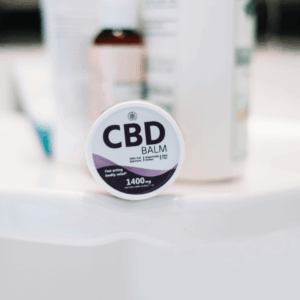
Choosing the Right CBD Product
Selecting the best CBD for joint pain relief involves more than picking a product off the shelf. Consider the formulation, spectrum, potency, and lab verification. For localized joint inflammation, topical CBD products like creams and gels can be highly effective. For systemic chronic pain or generalized arthritis symptoms, oral CBD products such as CBD oils, capsules, or CBD gummies may be preferable.
The spectrum of the product is also key. Full spectrum CBD oils contain multiple hemp derived cannabinoids, including trace amounts of THC, which can produce the entourage effect—enhancing pain relieving properties. Broad spectrum CBD offers multiple cannabinoids but no THC, while CBD isolate provides pure CBD for those who want precise dosing without THC exposure. Always verify third party lab testing to ensure quality, potency, and absence of contaminants.
Best CBD Oils for Joint Pain Relief
CBD oils or tinctures remain a top choice for joint pain relief because they provide systemic effects and allow flexible dosing. By placing drops under the tongue, the compounds are absorbed quickly into the bloodstream, providing faster relief compared to some oral products.
Full spectrum CBD oils can be particularly beneficial due to the combination of hemp derived cannabinoids. For individuals with chronic pain, these products may reduce joint inflammation, improve mobility, and alleviate muscle aches. Starting with a low dose and gradually increasing ensures tolerance and optimal relief. Even without THC, broad-spectrum CBD oils still offer meaningful pain relieving effects.
Best CBD Topicals for Targeted Relief
Topical CBD products are ideal for addressing specific painful joints. When applied to the skin, CBD interacts with cannabinoid receptors in the area, potentially reducing joint inflammation and easing stiffness.
These products may include additional natural ingredients like menthol, arnica, or essential oils to enhance the pain relieving properties. Using CBD topicals in combination with gentle massage can further improve absorption and provide soothing relief. For arthritis related joint pain, daily application may support mobility and reduce discomfort over time.
Best CBD Gummies for Joint Pain
CBD gummies offer a convenient, consistent, and enjoyable way to take CBD. They provide pre-measured doses, making it easier for first-time users to start low and gradually increase. Gummies can also be beneficial for people who prefer not to taste CBD oils or dislike capsules.
These products can provide systemic relief from chronic pain or arthritis symptoms while being easy to incorporate into a daily routine. Many gummies are made with natural flavors, gluten free options, and hemp derived CBD to ensure a safe and pleasant experience.
CBD Capsules and Oral Products
Oral CBD products, including capsules and softgels, offer a precise, consistent method of dosing. Capsules are often preferred for experienced CBD users or those managing joint and arthritis pain over longer periods because they maintain steady CBD potency.
Softgels and other oral forms allow the CBD to be absorbed gradually, providing extended pain relieving effects. These products are ideal for chronic pain, helping individuals maintain comfort throughout the day without frequent dosing. Combined with topical CBD products, oral CBD can provide comprehensive joint pain relief.
How Long Does CBD Take to Work?
The onset of CBD effects depends largely on the product type and method of administration. Topical CBD products may provide relief within 15–45 minutes, depending on joint inflammation severity and the concentration of hemp derived cannabinoids. Oral CBD products, including oils, capsules, and gummies, typically take longer—30–90 minutes—but their effects can last 6–8 hours.
Factors such as body weight, metabolism, pain severity, and whether CBD is taken on an empty stomach can influence effectiveness. For new users, patience is key, as initial results may be subtle. Consistent use over time is often necessary to experience significant pain reduction.
Can CBD Be Used Long-Term for Joint Pain?
CBD is generally considered safe for long-term use, particularly when compared to continuous use of NSAIDs or opioids. Long-term CBD may support ongoing pain management, reduce joint inflammation, and improve physical function in individuals with arthritis symptoms.
Regular use of lab-tested CBD products can maintain consistent levels of hemp derived cannabinoids in the body, potentially improving joint and arthritis pain outcomes. However, it is essential to consult a healthcare professional before incorporating CBD into a long-term regimen, especially for those taking other prescription medications or managing complex conditions.
Legal Considerations for CBD
The legal status of CBD is an important consideration. Hemp-derived CBD products are federally legal under the Agriculture Improvement Act (Farm Bill), provided THC levels remain below 0.3%. However, local laws may vary, and some states have stricter regulations regarding cbd products or hemp derived cannabinoids.
Consumers should ensure their products are lab tested and compliant with federal and state law. Choosing approved nonprescription CBD products from reputable sources minimizes legal risk while ensuring quality and safety.

Tips for First-Time CBD Users
For first-time users, starting low and going slow is the best approach. Begin with a low dose and gradually increase until desired pain relieving effects are achieved. Using lab-tested CBD products ensures accuracy in CBD potency and minimizes exposure to contaminants.
Tracking your dosage and response to oral CBD products or topical CBD can help fine-tune your regimen. It is also advisable to consult a healthcare professional if combining CBD with other prescription medications. Gradual adjustment allows users to experience the pain relieving effects safely without side effects.
Real User Reviews and Testimonials
Many individuals report positive experiences with CBD for joint pain. Users frequently mention improvements in mobility, reduced joint inflammation, and a general sense of comfort when using CBD topicals or oral CBD products.
Even though anecdotal, these reports highlight CBD’s potential to complement pain management strategies and offer relief for those suffering from arthritis related joint pain or chronic pain conditions. Third party lab-tested products are consistently associated with better outcomes, emphasizing the importance of quality when choosing CBD products.
Conclusion: Key Takeaways
CBD represents a safe, natural alternative for managing joint pain, reducing inflammation, and improving physical function. Selecting high-quality, lab-tested CBD products ensures both safety and effectiveness. By understanding the differences between full spectrum CBD oil, broad spectrum CBD, and CBD isolate, users can tailor their approach to chronic pain, arthritis symptoms, or localized joint inflammation.
Incorporating CBD into a comprehensive treatment plan, including physical therapy, proper nutrition, and other lifestyle strategies, enhances the potential for meaningful pain relief and improved quality of life. While CBD is not a replacement for professional medical care, it offers a natural, flexible option for individuals seeking relief from joint and arthritis pain, supporting mobility, comfort, and overall well-being.
Frequently Asked Questions
1. Do doctors recommend CBD for arthritis?
Many doctors approach CBD as a complementary option for managing arthritis symptoms rather than a replacement for traditional therapies. While research is still emerging, physicians may acknowledge CBD’s anti-inflammatory properties and potential to reduce joint pain when used alongside pain management strategies like physical therapy and medication. It is important for patients to consult a healthcare professional to ensure CBD use is safe, especially if they are on prescription medications or blood thinners.
2. Is CBD better than ibuprofen?
CBD and ibuprofen work in different ways. Ibuprofen, a nonsteroidal anti-inflammatory drug (NSAID), directly inhibits certain enzymes to reduce inflammation and pain but may cause long-term side effects if used chronically. CBD, on the other hand, interacts with the body’s endocannabinoid system, potentially reducing joint inflammation and pain with a favorable safety profile. For some individuals, CBD for joint pain may provide comparable relief, particularly when used consistently or in combination with other natural remedies. Ultimately, effectiveness varies depending on the individual’s pain severity and underlying conditions.
3. What is the very best CBD oil for pain?
The “best” CBD oil depends on your goals, preferences, and pain management needs. Full spectrum CBD oils are often recommended for joint and arthritis pain due to the entourage effect from multiple hemp derived cannabinoids. High-quality oils should be third party lab tested, free from contaminants, and contain accurate CBD potency. Factors such as oral CBD products versus topical CBD products, dosage, and individual body weight also influence effectiveness. Choosing a lab-tested, reputable product ensures both safety and reliable pain relieving effects.
4. What form of CBD is most effective?
The effectiveness of CBD depends on the type of joint pain and personal preference. Topical CBD products work best for localized joint inflammation, allowing direct application to affected areas. Oral CBD products, including CBD oils, capsules, and gummies, provide systemic relief for chronic pain affecting multiple joints. Many individuals combine both approaches for comprehensive pain relief. For first-time users, starting with a low dose and gradually increasing allows evaluation of which form delivers the most effective pain relieving effects without side effects.






